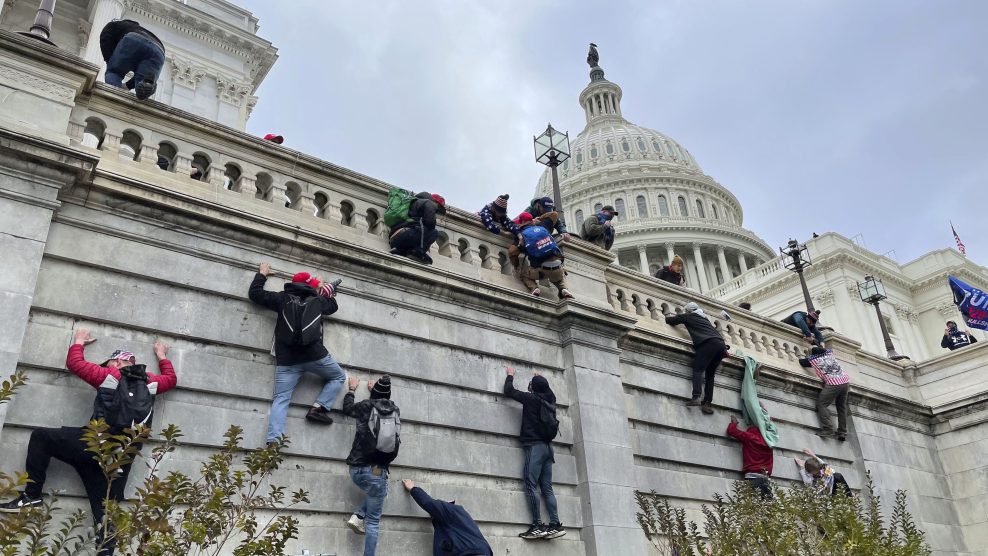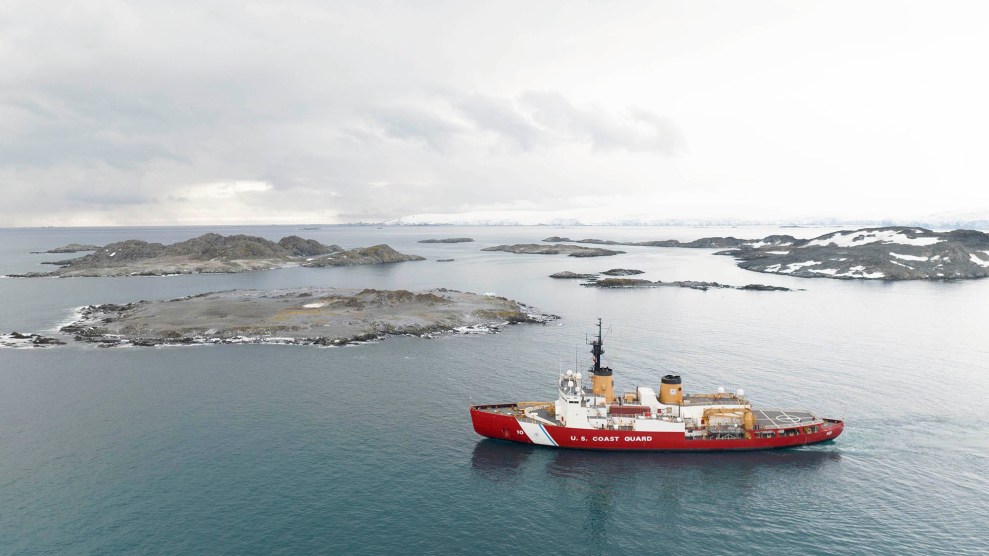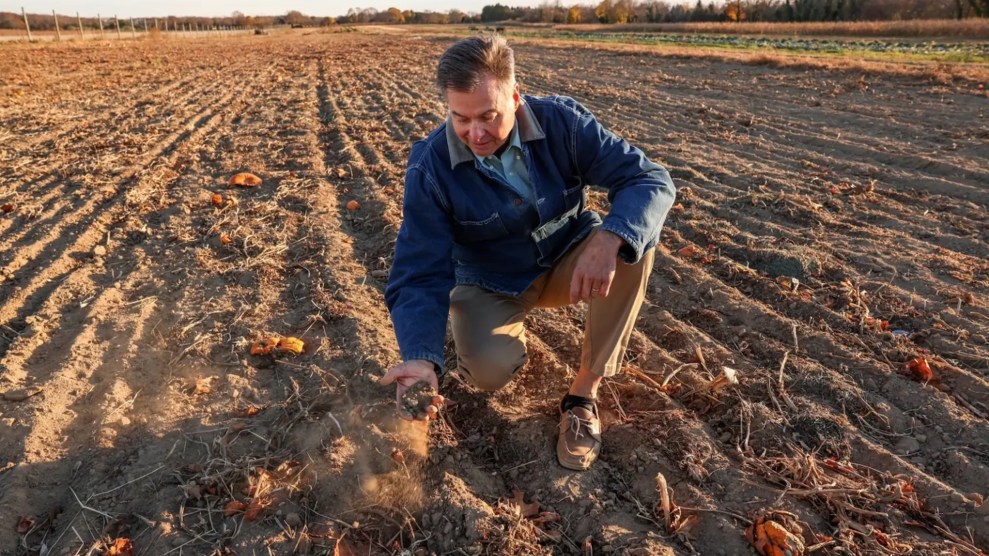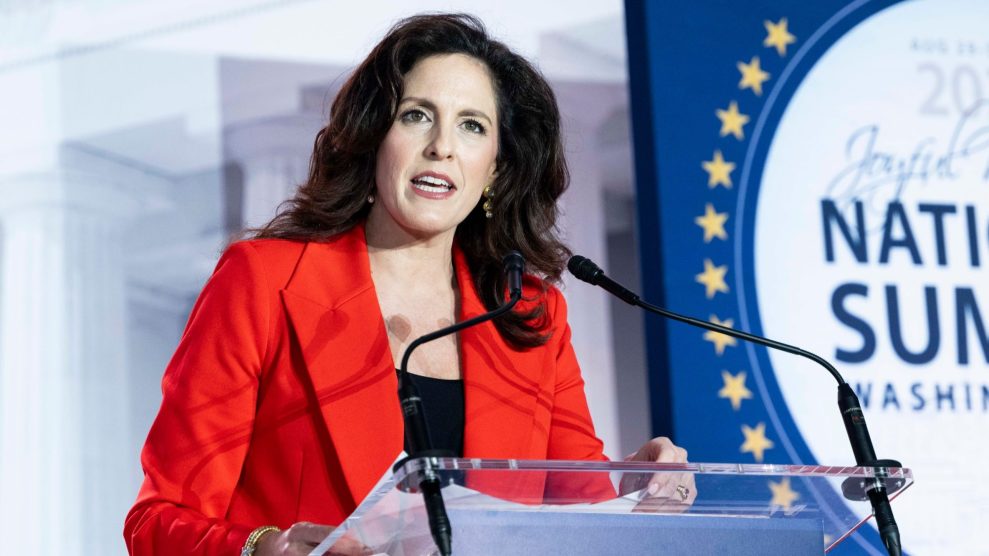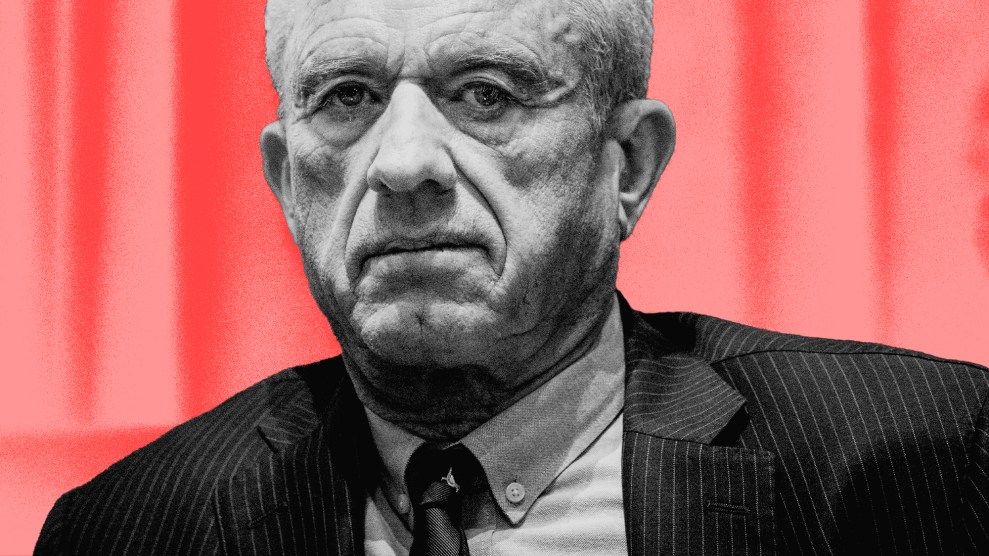Though other states receive generous shares of revenues they generate by allowing production of goods on federal lands within their borders, Louisiana gets almost nothing. Louisiana produces 25% of the nation’s natural gas and 30% of the nation’s oi, yet it has nothing to show for it. Well, not quite nothing: the laying in of pipelines has seriously eroded the state’s coastline, making it much more vulnerable to hurricanes.
For years, Louisiana’s Congressional delegation has tried to get help to restore Louisiana’s coastline, but there has been none. About six months ago, the White House agreed to help Louisiana, but only under the condition that the state scrap its well thought out, long-term plan to preserve its coastline. In its place, the Bush administration substituted a cheaper, short-term plan. The state, desperate to get help, reluctantly agreed. Shortly after, the White House announced that the Louisiana wetlands were no longer a priority, and that the state might not get any money at all.
Back to revenue-sharing. In 1953, President Eisenhower promised Louisiana 50% of the tax revenue earned from its oil and gas production. One person, Leander Perez, who controlled Plaquemines Parish, didn’t think half of the revenues was good enough, and demanded 100%. No one could get him to back off, and as a punishment, Louisiana got nothing at all.
The state filed a suit in an attempt to get its share of the revenues, and this suit was tied up in court for about twenty years. In the early 70’s, the court finally ruled that because Louisiana’s oil and gas production did not occur within the state’s boundaries, the state could not claim any revenue from it. This is, of course, an absurd conclusion: Without Louisiana, no one could build the platforms and rigs or lay the pipelines. Offshore workers depend on Louisiana for everything from employees to supplies to the education of their children. Yet even today, lawmakers like Sen. Jeff Bingaman of New Mexico claim that because Louisiana’s oil and gas business is conducted in the water, the sate does not have a right to any money.
Had Louisiana been permitted its fair share of revenues over the decades, the state would not be in the financial shape it is in today. With no oil and gas revenue and a government that both refuses to help restore its coastline and to keep its promise about rebuilding after Katrina and Rita, Louisiana has little recourse. There is talk of filing suit against the Army Corps of Engineers, whose incompetence was largely responsible for the levee breeches during Katrina. Technically, the Corps is immune from lawsuits, but Congress can amend the immunity to exclude criminal acts, and make the amendment retroactive. Alternatively, the state could file for damages in the U.S. Court of Claims, then hope that Congress would pay the judgment. In this case, some of the blame would go to the Orleans Parish Levee Board, which was negligent in inspecting the levee system.
Some of Louisiana’s coastal parishes are also considering filing a suit against the federal government in order to get the state’s share of oil and gas revenues. With a wrecked economy, bills coming in from FEMA, and the “We’ll do whatever it takes” promise already tossed in the trash, the state has to do something fast to find the billions of dollars its needs.
